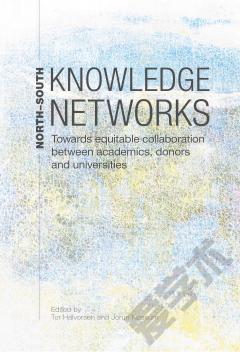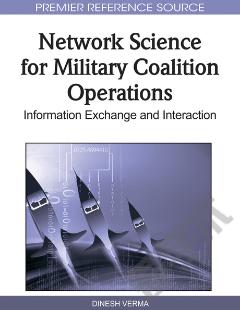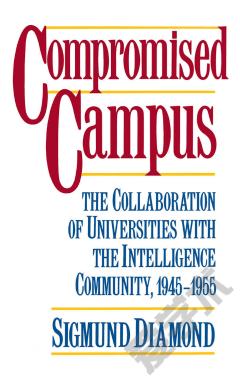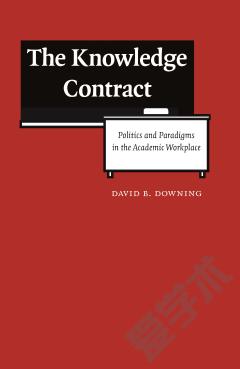North-South Knowledge Networks: Towards Equitable Collaboration Between Academics, Donors and Universities
Since the 1990s, internationalisation has become key for institutions wishing to secure funding for higher education and research. For the academic community, this strategic shift has had many consequences. Priorities have changed and been influenced by new ways of thinking about universities, and of measuring their impact in relation to each other and to their social goals. Debates are ongoing and hotly contested. In this collection, a mix of renowned academics and newer voices reflect on some of the realities of international research partnerships. They both question and highlight the agency of academics, donors and research institutions in the geopolitics of knowledge and power. The contributors offer fresh insights on institutional transformation, the setting of research agendas, and access to research funding, while highlighting the dilemmas researchers face when their institutions are vulnerable to state and donor influence. Offering a range of perspectives on why academics should collaborate and what for, this book will be useful to anyone interested in how scholars are adapting to the realities of international networking and how research institutions are finding innovative ways to make North?South partnerships and collaborations increasingly fair, sustainable and mutually beneficial.
{{comment.content}}








 京公网安备 11010802027623号
京公网安备 11010802027623号